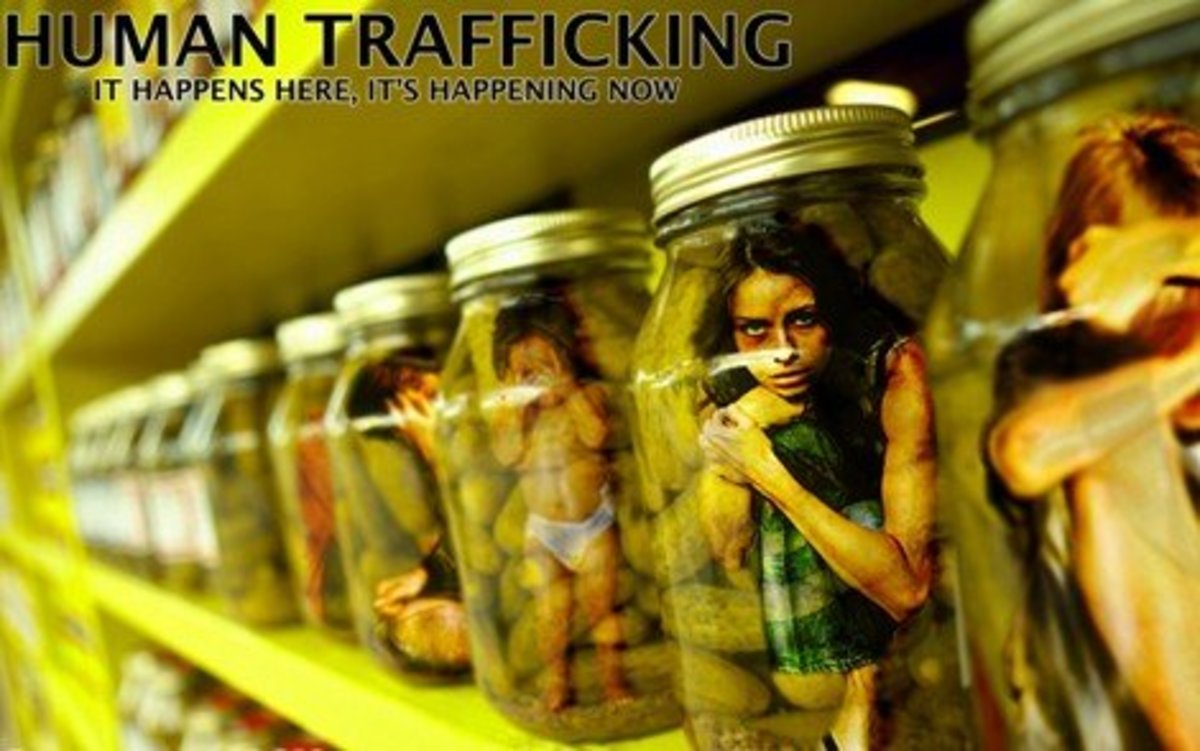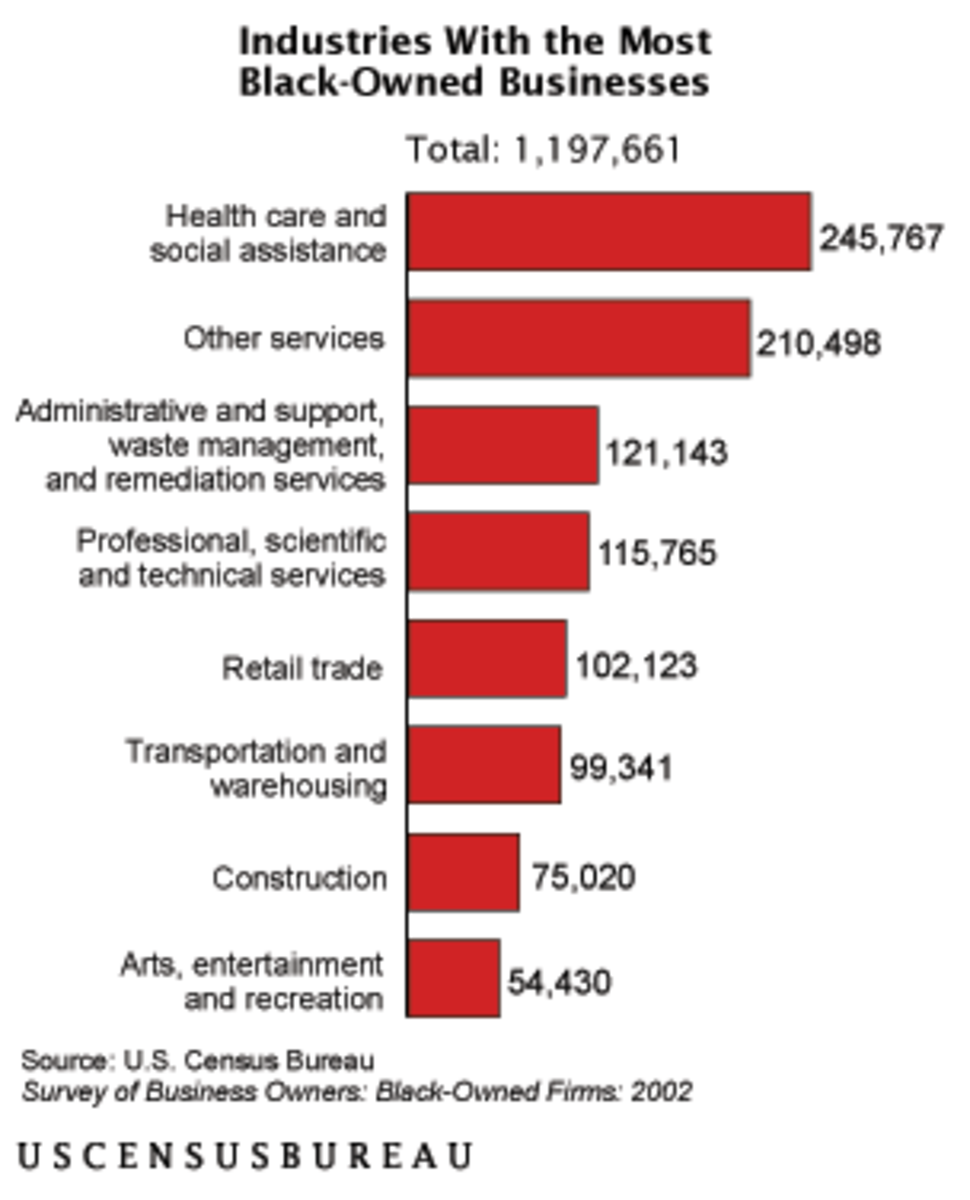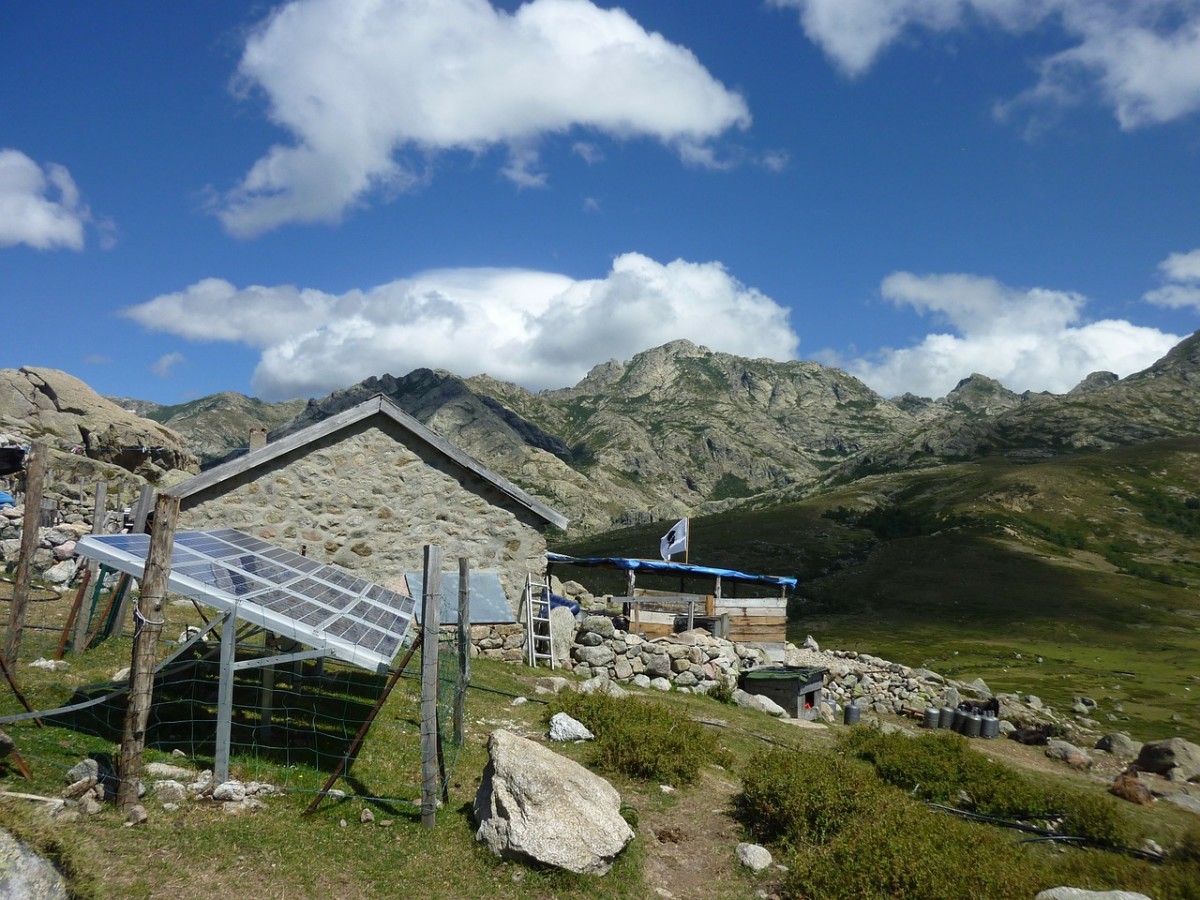Empower Generation: Focusing on SME Solar Enterprises Means a Greater Impact
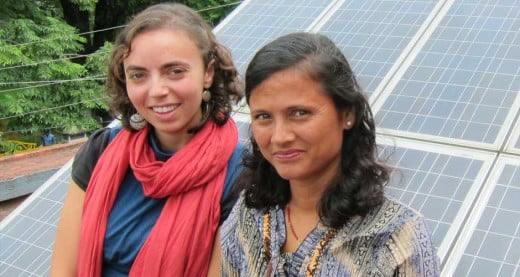
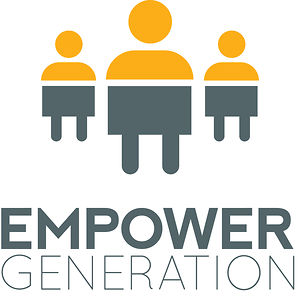
BY MARYRUTH BELSEY PRIEBE
Meet Anya Cherneff. She's a part of Empower Generation, an organization with a indefatigble determination to improve the perception of women in Nepal, while making human trafficking and energy poverty in the country a thing of the past. The social enterprise equips women with the technical training and guidance they need to develop scalable businesses that focus on clean, renewable energy - companies that can offer micro-loans to their customers, too to allow for new clean technology solutions to reach isolated areas. Empower Generation believes that their business plan is dynamic because it offers sustainable and long-lasting help to women who create small to medium-sized enterprises (SMEs), plus the chance to achieve financial security for the first time.
Training Women to Become Talented Cleantech Entrepreneurs
Empower Generation was the brainchild of Anya and Bennett, a husband and wife team who were passionate about ending human trafficking and using cleantech to do it. Anya worked previously in international development at a not-for-profit. Bennett meanwhile had gained experience in the energy sector, and was motivated by the thought of using cleantech to change the lives of people in developing countries. They began to brainstorm ideas that could bring their areas of expertise together.
During a six-month journey through some of the world's most deprived areas, their desire to eliminate energy poverty and human trafficking grew stronger. While in Nepal, the true impact of light, heat, and power being in short supply began to hit home, as they stayed in a hotel that allowed them to experience energy poverty first hand. Anya and Bennett soon realized that this issue extended beyond one poor family living in the dark, with the consequences of energy poverty having a knock-on effect on everyone. For them, Nepal felt like a country that had lost all hope in enacting change.
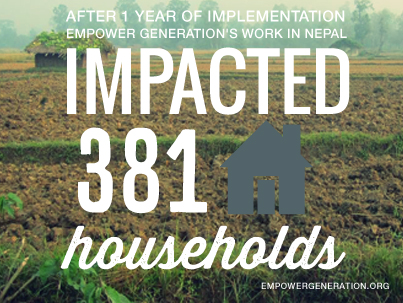
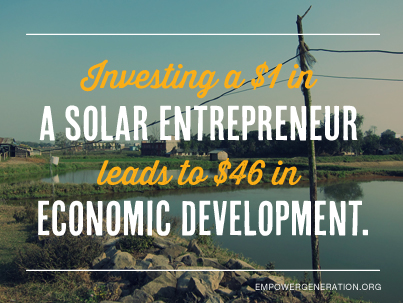
And so Empower Generation came into being. The objective was to give women the confidence and ability to shield themselves against the perils of human trafficking and other prejudices. Anya and Bennett decided to focus on clean energy technology owing to how human trafficking was a consequence of alarming gender inequality in Nepal. Their belief was that if women could generate their own incomes and have their own money to spend, fewer women would be pressured into prostitution or force labour.
There's a twist. Instead of the organization seeking donations, they wanted to ensure that their work would sustain itself. As Anya stated, "True empowerment is giving people the tools they need to lead their own destiny.” Owing to this, they shun the typical business model used by non-profits, instead favouring to weave revenue streams into the very core of their social enterprise.
Empower Generation achieves this by honing their efforts to establish resilient cleantech SMEs that are led by women, instead of taking a generic business-in-a-bag approach. “We support women-led clean energy enterprises,” explains Anya. “We want our entrepreneurs to be the leaders of the clean energy revolution and to become strong, independent businesswomen who run their local distribution network on their own.”
The social enterprise begins the process by finding women who have a flawless reputation for leading social circles, an attribute which is seen as essential for getting cleantech products to the families that require them most. The team at Empower Generation performs research into the regions that are feeling the brunt of energy poverty the most, before arranging meetings with nearby community bodies to raise awareness of the programs available. After this, these organizations often endorse female leaders who are given the chance to travel to Kathmandu, where they will learn more about EmpowerGrid, the distribution network that has been established by the social enterprise.
Guidance from Empower Generation starts with training up the workforce, creating business plans, giving women access to the capital they need, and seeing whether proposed models for SMEs are feasible. Help with marketing and brand awareness is also given to these fledgling businesses. During this procedure, the social enterprise stresses how important it is for individuals to receive comprehensive training at each stage within the supply chain. This includes entrepreneurs, salespeople, and even the technicians who will be responsible for repairing the cleantech products sold.
The social enterprise completes this economic circle by offering support to the customers of these businesses, too. This is thanks to micro-loans that allow the public to pay for cleantech products in increments, with a low level of interest.
Speaking about the progress with this initiative so far, Anya proudly points out that: “We’ve given out almost 200 loans in our pilot area for lights and over half of those were to women. So far everyone is making their payments on time.”
Creating Self-Sustaining Renewable Energy Businesses
When it comes to generating cashflow to ensure they can perform their work, Empower Generation rely on three key income streams. The first stems from their EmpowerGrid network of distributors, where fees are gathered from suppliers and entrepreneurs for the service. One such cleantech company is Off-Grid Solutions, creator of the WakaWaka Power solar smartphone charger.
Next, there's income generated from the cleantech SMEs who have had training on how to accumulate their own profit by consistently selling inventory. To ensure this is possible, each business needs to devise a price structure for their products, with a clear margin for profitability. Anya and Bennett say that it's important to stress this component, otherwise training entrepreneurs may be concerned that they will alienate the customers who need help.
The need for cleantech goods to be paid for rather than given away for free is at the very heart of Empower Generation's business plan. Speaking on this, they added: “People value what they pay for or earn a lot more than what they are given. To end the negative cycles of aid dependency, we listen to what communities really want and then provide the tools they need - in this case understanding, access to products, and capital – so they generate their own wave of community change.”

Last but not least, further finances for Empower Generation are accrued through joint partnerships, such as the collaboration between this social enterprise and Off-Grid Solutions. Through selling WakaWaka products via Empower Generation's online presence, this builds up a reserve of funds to support businesspeople like Pabitra.
Anya and Bennett said: “We thought it would be cool to give our supporters in the US a chance to use the same great tech we are bringing to Nepal, so we're happy to have a great partner like OGS while raising funds for our work. Our goal was to sell 200 WakaWaka Power units in the US last month. We are only eight units from our goal.”
Such is the success of this collaboration, Empower Generation's strategy and initiatives are now being expanded further, helping the social enterprise and their partners to train, guide, and support dozens more female entrepreneurs.
An Ambitious Cleantech Goal for Maximal Impact
The social enterprise's end goal is to generate sizeable numbers of businesses that are owned and led by women. Anya and Bennett hope that each SME will employ dozens of people who use teamwork to sell renewable technology in the thousands every year. Just 200 or 300 annually won't make a dent in the crippling issue of energy poverty that's facing Nepal.
“It’s easier to ensure profitability of a few businesses led by strong women, than to lend out a bunch of lights in a bag and hope that all of them sell and decide to come back for more. We think that it’s important to create larger enterprises that can support sales agents themselves, so that the distribution chain is not reliant on outside influences forever.”
Owing to this, their key focus is to offer generous and more substantial start-up financing than other companies that would offer a couple of solar lanterns as initial inventory. They believe that sufficient financing which accounts for the expenses of starting up a large business is essential. After all, just some of the considerations that need to be made include IT equipment, operating overheads, training in computer literacy, and the capital that's needed to fund expansion.
With time, Empower Generation want to set their sights beyond Nepal. So far, exploration has taken place to see whether their business model would be feasible in energy-impoverished areas of Asia. Other countries that are on the shortlist for expansion include Indonesia, the Philippines, and Burma.
In concluding thoughts about their journey so far, Empower Generation's founders said: “Providing women with knowledge and understanding about the purveying issues that affect their lives and their communities, and the tools to bring their communities out of energy poverty, will allow the whole society to see women, as they lead their neighbours out of the energy poverty darkness, as strong leaders who are valuable and should be treated as such.”

